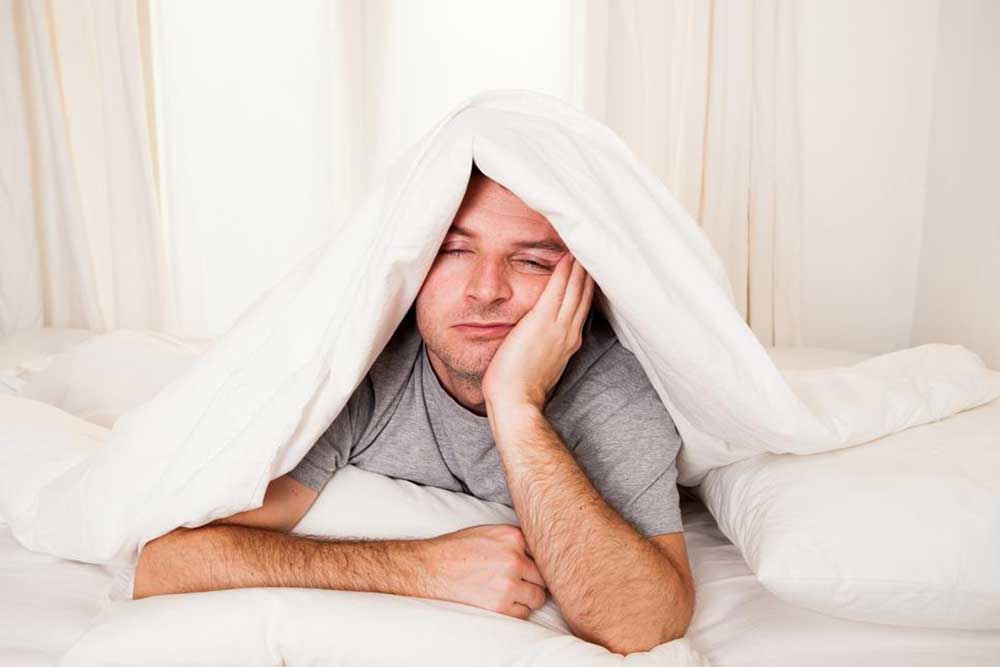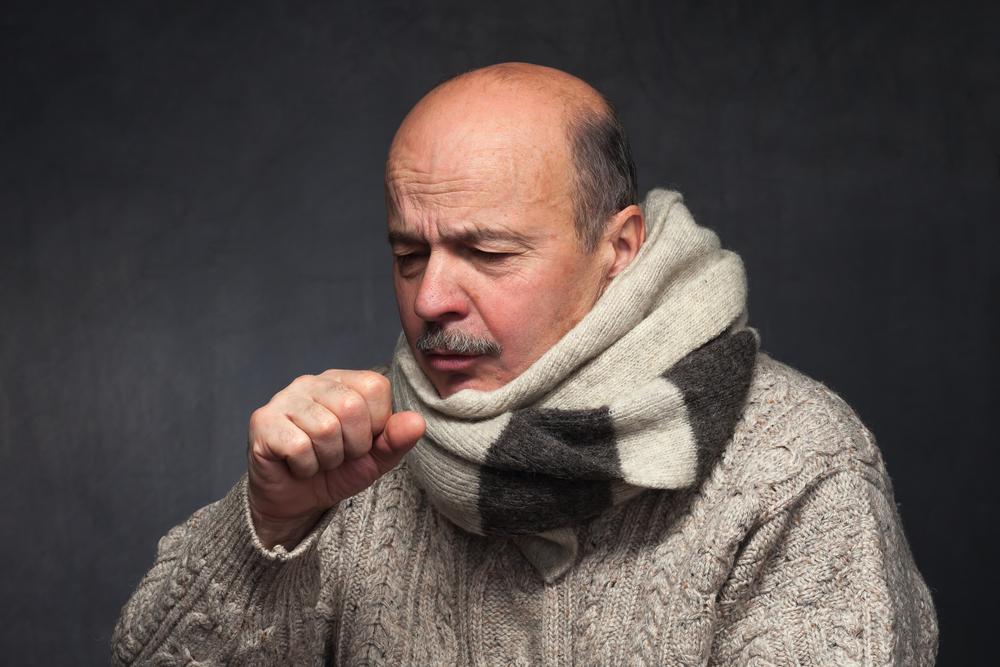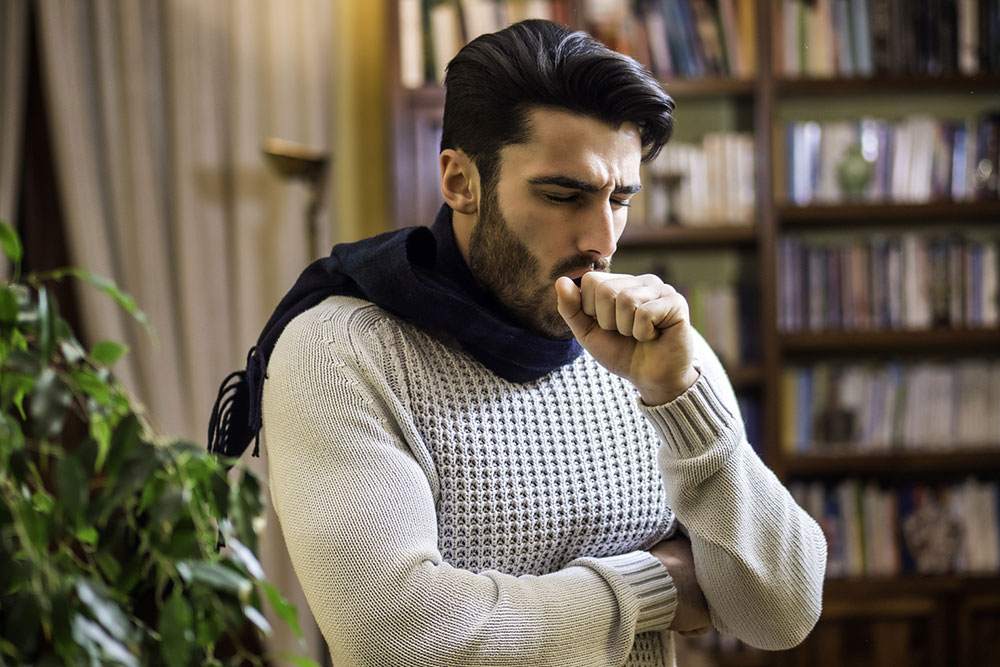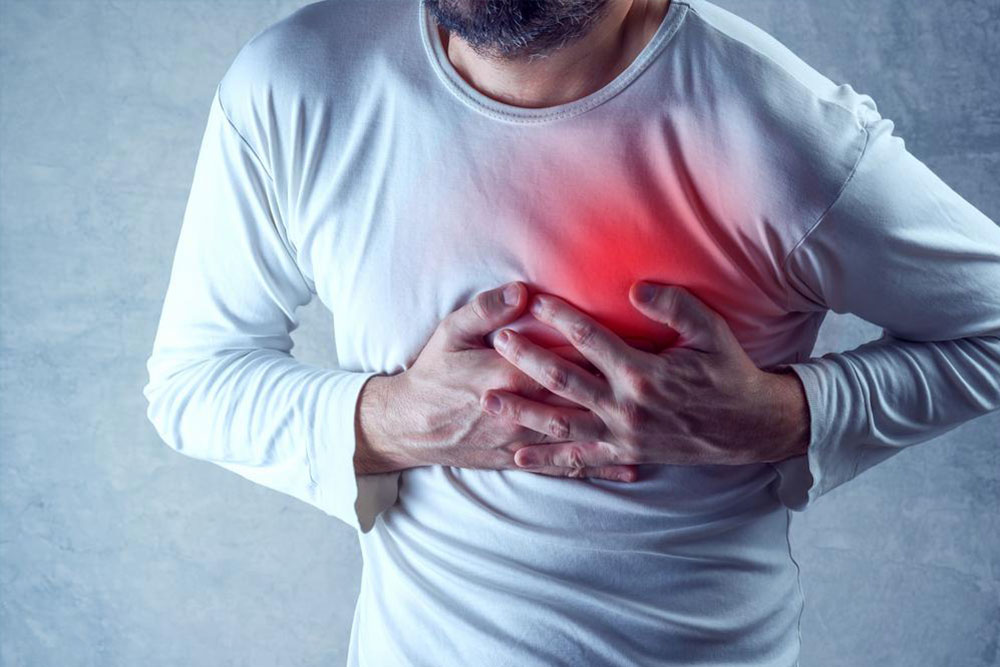Comprehensive Guide to Night Sweats: Causes, Prevention, and Effective Treatment Options
This comprehensive article explores the causes, prevention, and treatment of night sweats. It emphasizes lifestyle changes, medical interventions, and when to seek professional help, aiming to improve sleep quality and detect underlying health issues early. Covering hormonal, infectious, neurological, and lifestyle factors, the guide is essential for anyone experiencing persistent night sweating symptoms and looking for effective management strategies.

Comprehensive Guide to Night Sweats: Causes, Prevention, and Effective Treatment Options
Night sweats, characterized by excessive sweating during sleep that often leads to soaking pajamas and bedding, are a common yet sometimes alarming health concern. While occasional night sweating can be normal, persistent or severe episodes may be indicative of underlying health issues, from hormonal imbalances to infections or chronic illnesses. Understanding the causes behind night sweats, as well as effective prevention and treatment strategies, is crucial for maintaining quality sleep and overall health. This comprehensive guide explores everything you need to know about night sweats, helping you recognize symptoms, identify potential causes, and explore various management options.
What Are Night Sweats?
Night sweats are episodes of excessive sweating that occur during sleep, often leaving the individual drenched and leading to disrupted rest. Unlike regular sweating that helps regulate body temperature, night sweats are more intense and may happen unexpectedly. They can be so severe that they soak bedding and clothing, significantly interfering with sleep quality. Although common in certain populations, persistent or worsening night sweats should be evaluated by a healthcare professional, as they may signal an underlying health concern that requires attention.
Understanding the Causes of Night Sweats
Night sweats do not occur randomly; they are often linked to a variety of factors—both benign and serious. Knowing the underlying causes can help in precise diagnosis and effective treatment. The most common reasons include medication side effects, hormonal changes, infections, chronic diseases, and lifestyle factors.
Medications and Drugs
One of the primary causes of night sweats is the use of certain medications. Fever reducers such as ibuprofen and acetaminophen, which are commonly used to lower fever and discomfort, can sometimes trigger excessive sweating as a side effect. Other medications like antidepressants, particularly selective serotonin reuptake inhibitors (SSRIs), are well known to cause night sweats. Medications influencing hormonal levels or those used for controlling blood pressure may also have sweating as an unintended side effect. If you notice increased sweating after starting a new medication, consult your healthcare provider for alternative options or adjustments.
Hormonal Fluctuations
Hormonal imbalances are frequently associated with night sweats, especially in women experiencing menopause. During menopause, fluctuations in estrogen and progesterone levels often cause hot flashes and night sweats. Similarly, hyperthyroidism, a condition where the thyroid gland produces excess hormones, can lead to increased metabolic rate and sweating episodes. Managing hormonal changes through appropriate therapies can significantly reduce night sweats and improve quality of life.
Sleep Disorders and Neurological Conditions
Sleep disorders like sleep apnea are linked to episodes of excessive sweating, especially as the body responds to abnormal breathing patterns. Furthermore, neurological conditions such as neuropathy, which affects nerve function, can disrupt the body's temperature regulation, leading to night sweats. Proper diagnosis and management of these disorders are essential for alleviating symptoms and restoring restful sleep.
Blood Sugar Fluctuations and Diabetes
People with diabetes often experience night sweats as a result of blood sugar fluctuations. Hypoglycemia, or low blood sugar, can trigger intense sweating episodes, often accompanied by shaking, rapid heartbeat, and feelings of anxiety. Managing blood sugar levels carefully through diet, medication, and lifestyle adjustments can help prevent night sweats linked to diabetes.
Infections and Serious Illnesses
Infections, both bacterial and viral, can cause night sweats. Tuberculosis, endocarditis (infection of the heart lining), abscesses, and certain cancers such as lymphoma are associated with persistent night sweating. In some cases, night sweats serve as one of the first signs of underlying serious illnesses. Diagnosis involves thorough medical evaluation, and treatment typically includes antibiotics, antivirals, or oncological therapies depending on the cause.
Other Contributing Factors
Other factors that may contribute to night sweats encompass anxiety, stress, and some sleep disorders. Psychological factors like anxiety or panic attacks can trigger sweating episodes, often worsening at night when the individual is relaxed or trying to sleep. Certain illnesses such as Valley Fever (coccidioidomycosis) also have been associated with night sweats. Recognizing these triggers can assist in comprehensive management and improving sleep quality.
Preventive Measures and Lifestyle Modifications
While some causes of night sweats require medical intervention, many lifestyle adjustments can help reduce the frequency and severity of episodes:
Maintain a cool sleeping environment by setting the thermostat to a comfortable temperature.
Use lightweight, breathable fabrics like cotton for pajamas and bedding to facilitate better airflow.
Avoid spicy foods, caffeine, and alcohol close to bedtime as they can raise body temperature and trigger sweating.
Take a cool shower or splash cold water on your face and body before sleeping to lower body temperature.
Practice stress reduction techniques such as meditation, deep breathing, or gentle yoga to manage anxiety and stress levels.
Establish a regular sleep schedule, aiming for 7-9 hours of quality sleep each night.
Medical Treatments and Interventions
Persistent or severe night sweats often necessitate medical evaluation and targeted treatment. The approach depends on the underlying cause:
Infections: Treating the underlying infection with antibiotics or antivirals can eliminate night sweats caused by illnesses.
Hormonal therapies: For women experiencing menopausal hot flashes and night sweats, hormone replacement therapy (HRT) can be effective. Similarly, addressing hormonal imbalances in hyperthyroidism involves medical therapy and sometimes surgery.
Medication adjustments: If medications are the culprit, your healthcare provider may switch you to alternative drugs or adjust dosages to mitigate sweating side effects.
Blood sugar control: Diabetes management through medication, diet, and regular monitoring helps prevent hypoglycemia-linked night sweating.
Psychotherapy and counseling: Stress, anxiety, or psychological causes of night sweats can be alleviated through therapy or relaxation techniques.
It’s important to undergo proper diagnosis before starting treatment. Healthcare professionals may recommend blood tests, imaging studies, or other diagnostic tools to uncover the root cause of night sweats. Early detection and management are key to preventing complications and improving sleep quality.
In conclusion, night sweats are a multifaceted condition with diverse causes. While often benign, they can sometimes signal serious health issues. Through lifestyle modifications, medical interventions, and professional guidance, individuals can effectively manage symptoms and improve their overall health and comfort. If night sweats persist longer than two weeks or are accompanied by other symptoms like weight loss or fever, seek prompt medical attention for comprehensive evaluation.





